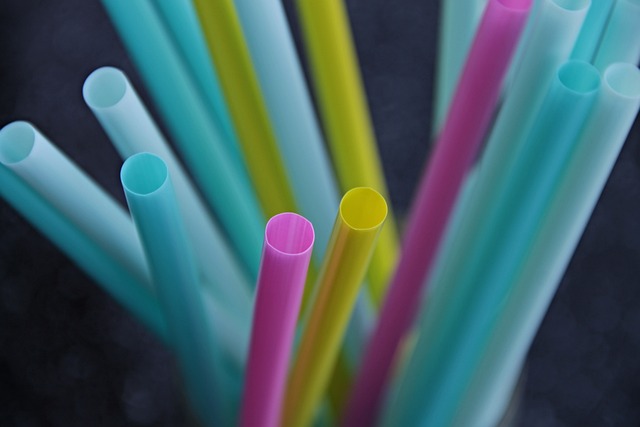Choosing the right plastic extrusions for an application can be a difficult task. It is important to know the different types of plastic extrusions available and their specific properties so that you can make an informed choice about which type best suits your needs.
This guide will provide tips on selecting a suitable plastic extrusion for any application, as well as some considerations to keep in mind throughout the process.
By understanding what properties will work best in each situation, you can ensure that your project achieves its desired results. So read on to learn more about choosing the right plastic extrusion!
Types of Plastic Extrusions and their Properties
The followings are the different types of plastic extrusions and their properties:
- Polyethylene (PE): This type of plastic extrusion is malleable, strong, lightweight, and highly resistant to chemical damage. It can be used in a wide range of applications due to its versatility.
- Acrylonitrile Butadiene Styrene (ABS): ABS is a thermoplastic that offers good impact resistance and strength but still remains flexible. It also has excellent dimensional stability and chemical resistance.
- Polyvinyl Chloride (PVC): PVC is an extremely durable plastic that is often used for electrical insulation or chemical containment because it can withstand high temperatures and pressures. It is also highly resistant to corrosion, though it does require frequent maintenance.
- Polypropylene (PP): PP is a strong, lightweight, and flexible plastic that is commonly used for pipe fittings, automotive parts, and medical components. It offers excellent chemical resistance and can be recycled easily.
Factors to Consider When Choosing a Plastic Extrusion
When selecting the right plastic extrusion for your application, it’s important to consider the following:
- Durability: The plastic extrusion should be able to withstand any conditions that might arise during its use. This includes temperature extremes, mechanical forces such as shock or vibration, and exposure to certain chemicals or other elements.
- Cost: The cost of the extruded plastic should match up with the budget available. Consideration should also be given to the long-term costs of maintenance and replacement.
- Compatibility: The plastic extrusion must be compatible with the other components in your application, such as adhesives, solvents, or other materials. It’s important to make sure that the material will not react negatively with any of these elements.
Tips for Choosing the Right Plastic Extrusion for Your Application
Once you have taken into consideration the type, properties and considerations mentioned above, there are some additional tips to keep in mind when choosing the right plastic extrusion for your application.
- Take advantage of samples: Most manufacturers offer free samples of their plastic extrusions so that you can test them out before making a purchase. This will give you a better understanding of how the material behaves and if it is suitable for your needs.
- Consider mechanical properties: Make sure to consider the mechanical properties such as flexibility, tensile strength, and heat resistance when selecting an appropriate material. These properties determine how well the plastic extrusion will perform in its intended application.
- Consult experts: If you’re unsure about any aspect of your selection, don’t hesitate to ask for help. Consult manufacturers and experienced engineers who can provide valuable insight into the best choice for your application.
By following these tips and considering the factors discussed in this guide, you should be able to make an informed decision about which plastic extrusion is most suitable for your project
Conclusion
In conclusion, choosing the right type of plastic extrusion for an application can be tricky given the variety and complexity of different types available on the market today.
However, by understanding what properties are important for each unique situation, you can ensure that your project achieves its desired results.
By considering factors such as cost, performance, and aesthetics when selecting a suitable plastic extrusion, you will be able to optimize your application for maximum efficiency and quality.







